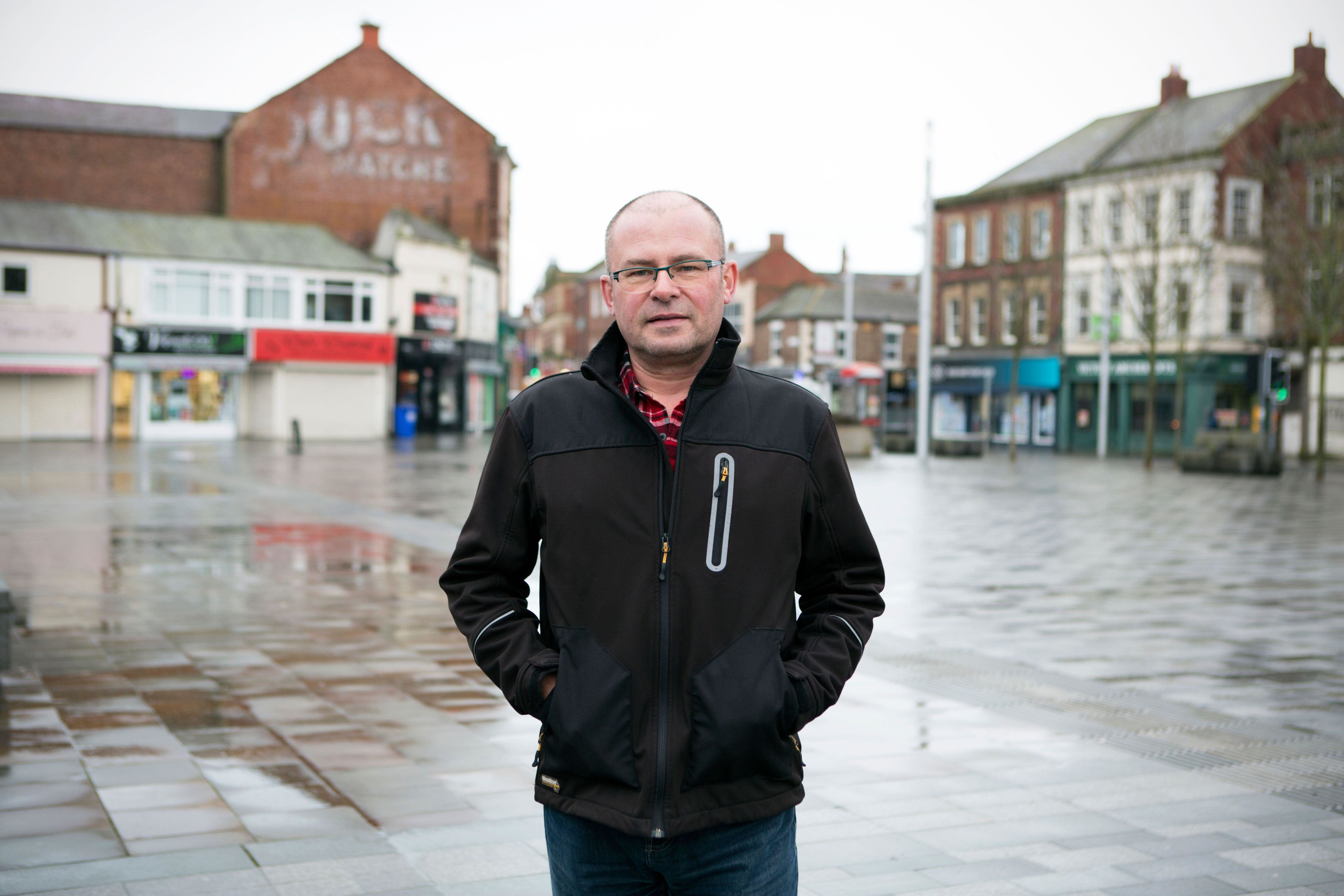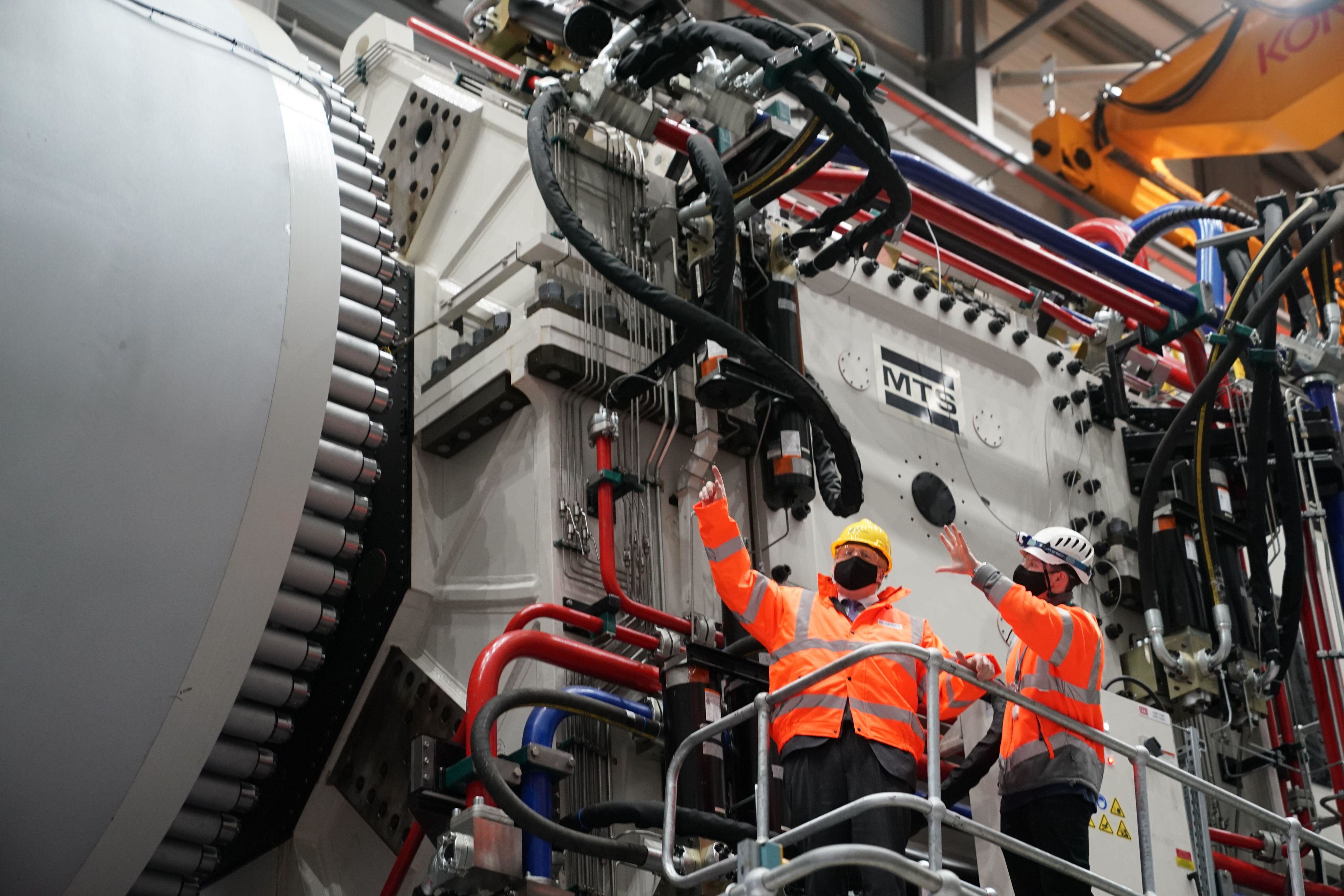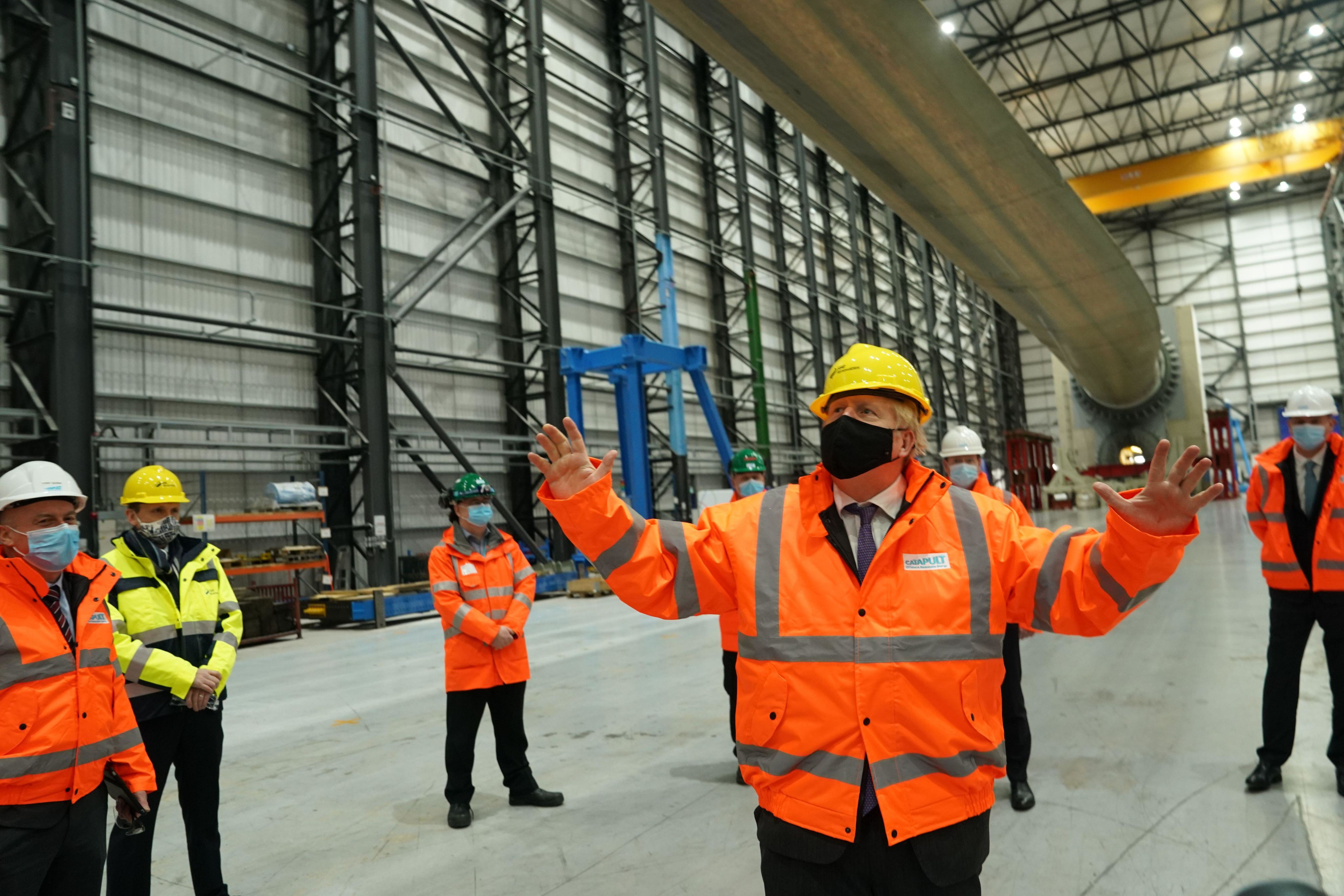Can the Conservatives keep the Red Wall blue?
The Tories need to keep the Red Wall blue to win another landslide majority in 2024. Daniel Hordon investigates whether they can.

The Red Wall has been painted blue. The Conservatives need to keep it that way to hold onto their massive majority, but Labour want to repaint it red.
In 2019 the Conservatives had everything that Labour didn’t. The Conservatives ran the better campaign, had the more likeable leader and had a coherent policy on Brexit, the exact opposite of Labour.
But now Brexit has been mostly dealt with, or at least sidelined from the public discourse, Jeremy Corbyn has been replaced as Labour leader and Boris Johnson’s popularity has fallen. Johnson cannot rely on being up against an unelectable Labour party at the next election.
Throughout my focus group interviews with first-time Tory voters from Blyth Valley I asked them whether they were happy with their vote and whether they liked Boris Johnson in 2019 and now. Some of them were happy with how they voted, like Suzanne who thought he had done a lot for the area including visiting a couple of times. But none of my nine interviewees - though four were undecided - said they would definitely vote Conservative at the next election, and Boris Johnson proved divisive.
Johnson’s approval ratings currently stand at the second-worst point since he took office, with 68% of adults saying he is doing badly as Prime Minister, according to YouGov polling as of May 5, 2022, and just 26% saying he is doing well.

Boris Johnson on a visit to the National Renewable Energy Centre in Blyth, December 2020. Credit: Alamy
Boris Johnson on a visit to the National Renewable Energy Centre in Blyth, December 2020. Credit: Alamy
Eileen, who voted for Johnson in 2019 admittedly without knowing much about him, gave a damning verdict on him now. “I can’t use words over the phone that I would like to”, she joked when I asked her opinion of the Tory leader. “I think he needs to go. I think he’s absolutely useless, he hasn’t got a clue and the way he has handled the pandemic has been a disgrace.”
Further south in Sunderland, one Labour Party activist who had been campaigning ahead of the May 5 local elections, told me that compared to what they heard on the doorstep in 2019, the gloss seemed to have worn off Johnson’s image. “People were saying I voted Tory last time but I would never vote for him again. We got that off a few people”.
Professor Rob Ford, Political Science expert at the University of Manchester and co-author of The British General Election of 2019 book told me that Boris’ popularity will be proven at the next election. “If you try and tease apart what the contribution of Boris and what the contribution of Brexit is to the Conservatives success in 2019, it’s like trying to take a cake and turn it back into its ingredients” he told me, adding, “to many of these voters Boris is Brexit and Brexit is Boris."
“People were saying I voted Tory last time but I would never vote for him again."

If Johnson continues to prove unpopular, the Tories may have to rely on their local candidates at the next election - in Blyth Valley, the incumbent MP, Ian Levy.
Levy, a former NHS mental health worker, stood as the Tory candidate in 2017, increasing the party’s Blyth Valley vote share by 15.2%. Two years later he was to become the first Tory Red Wall MP.
In my interviews with my Blyth Valley focus group members Levy seemed to have resonated with voters during the 2019 campaign. Lauren, 29, who confessed she doesn’t normally look at or care about the local candidate, told me, “The Conservative candidate was brought up in Blyth, he was familiar to some of my friends, and I thought he would be good for the local area”.
But since his election, support for him is more mixed. Suzanne, 38, was still on his side and said she would probably still vote Conservative at the next election. “I think he [Ian Levy] has done a much better job than Ronnie Campbell did”, she says.
Irene, on the other hand, was much more critical. “He’s totally invisible” she said when I asked her opinion of him, “You don’t even know he’s there”. While Eileen felt the same, “He seems to be up for any photo opportunity he can get.”, she told me, “Then there’s this carry on with the factory in Cambois. He reckons he brought it here but it's actually in Ian Lavery’s (the Labour MP for Wansbeck) constituency”.
Eileen was referring to the proposals to build a new battery gigafactory on the site of the old Blyth power station in Cambois, which is due to start production in 2024. Levy has often spoken about the factory and investment in Blyth but critics have pointed out the site is in the neighbouring Wansbeck constituency held by Labour MP Ian Lavery.
And she wasn’t alone in mentioning Levy’s apparent love of a photo opportunity. Robert, a HGV driver said, “He turns up if he thinks he can get a photoshoot with something”.
Delivering feasible change is key to keeping first-time Red Wall voters onside, or in the case of Irene, Eileen and Robert, getting them back on side. Jamie Parker, author of Painting Britain Blue told me “If the Conservatives don’t deliver for these areas then there’s a chance that those people who ‘lent their votes’ in 2019 don’t vote or go back to Labour.”
Rob Parsons, editor of the Northern Agenda political newsletter, however told me how these new Tory MPs had had a difficult start to their tenures, “I think it has been hard for them to be honest. I imagine by now Tory MPs would have liked to point to more concrete achievements and improvements than they have been able to so far but the last two years have been taken up by the pandemic and now the cost of living.”
Simon Henig, a Politics Lecturer at Sunderland University and former Labour leader of Durham County Council told me how the incumbent MP should have an advantage. Henig says, “Often they do get a bounce from incumbency so you would probably anticipate that might happen which is why it will be difficult for Labour to regain these seats.
“If the Conservative government can also demonstrate an economic boost through greater employment and so on, that will clearly be an advantage, but the jury’s still out on that.”
But the Conservatives may have an easier time keeping the Red Wall blue because of the long-term trends that brought traditional Labour voters onside. “Over the 120 year history of the Labour party there has always been a tendency for working class voters to move over to the Conservatives and when that happens that’s when they tend to win big majorities. It happened under Thatcher and it happened in 2019.”, Jamie Parker told me.
It’s possibly too early to say whether the Conservatives can keep the Red Wall blue at the next election but they are certainly on the back foot, suffering from a decreasingly popular leader, and struggling to deliver because of covid and a cost of living crisis. The next two years are crucial. If they can bring meaningful, feasible change and achievements in that time, former Labour voters may well stay just that.
